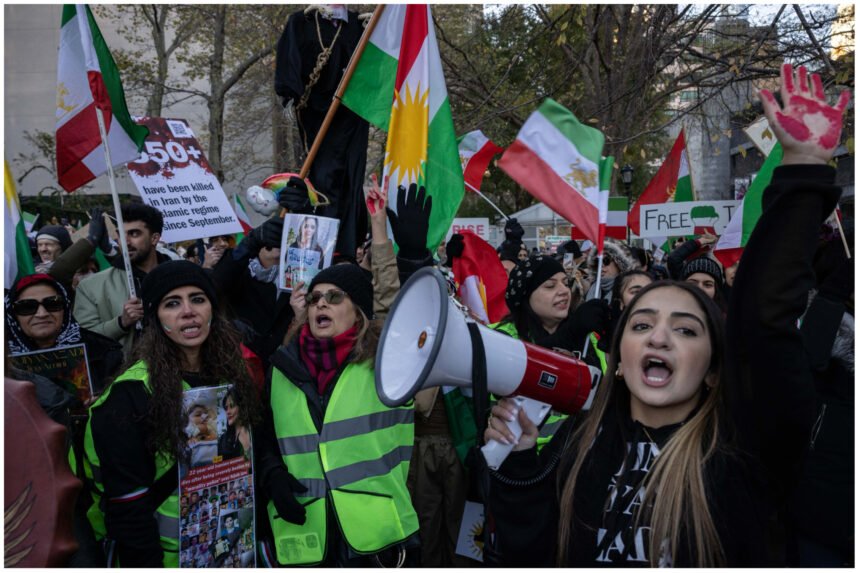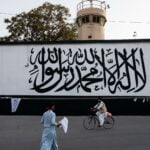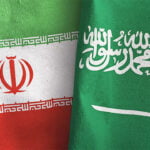According to official television, Iran has conducted the first documented execution of a prisoner who was apprehended during the months-long protests that have roiled the nation since Mahsa Amini, 22, was allegedly killed by police.
Due to allegations that he attacked a security guard in Tehran with a knife and blocked down a street, he was found guilty of “waging war against God” and the e judiciary reported that there was barely over a month between the man’s first appearance in court and his execution, showing the haste with which Iranian authorities have pledged to prosecute cases linked with “riots” — as they frequently refer to occurrences connected to the demonstrations.
The execution represents a dramatic uptick in the brutal crackdown by the authorities on the protest movement, which started in September in reaction to Amini’s passing away while in the care of Iran’s so-called morality police but has expanded in recent months to encompass broader discontent against the nation’s clerical leadership.
Mizan Shekari who was 23 years old detained on 25 September, just after a week since the demonstrations occurred throughout the country, following the death of 22 years Mahsa Amini who had died being held in morality police custody for reportedly violating Iran’s dress code for women. On November 20, Shekari was given an initial death sentence; it was executed on Thursday morning not long after the country’s Supreme Court determined it.
According to human rights organisations, at least twelve people have received death sentences for acts they are accused of committing during the protests and they issue a warning that more people who are charged with capital offenses could be given the death sentence however, experts had predicted that if Tehran conducted any executions, it would be a test of its response.
Iran Human Rights director Mahmood Amiry-Moghaddam tweeted, “Iranian authorities have executed a protester who was sentenced to death in show trials without any due process.” “His name is #MohsenShekari; he was hanged this morning,” the statement reads. Amiry-Mghadann wrote his hanging “must be [met] with STRONG reactions otherwise we will be facing daily executions of protesters this execution must have rapid practical consequences internationally.”
Shekari was allegedly accompanied by a friend named “Ali” who gave him a long knife and offered him “excellent money to join in the rioting,” according to claimed testimonies made public by the judiciary. Shekari purportedly assisted in blocking down a thoroughfare in central Tehran’s crowded Sattarkhan neighbourhood before punching a security guard in the shoulder blade. He also accused them of “Creating terror and fear and depriving people of their freedom and security.”
In relation with the rallies, Amnesty International had earlier this month issued a warning that at least 28 individuals in Iran would be put to death. They stated that “authorities use the death penalty as a tool of political repression to end the popular uprising.”
Human rights experts from the UN have urged Iran to stop hanging prisoners in response to the protests, but the Iranian government has refused, claiming that they must defend their nation from foreign plots, particularly those allegedly orchestrated by the United States, which they blame for the unrest. A fact-finding mission to look at how Iran handled the protests was approved by the UN Human Rights Council last month, but Tehran denied cooperating with the inquiry because of its “political” nature.
Tehran has also denounced a vote to exclude Iran from the UN Commission on the Status of Women that is scheduled for December 14 and which UN Watch predicts would pass handily. The hanging on Thursday followed three days of strikes and protests that began on Tuesday and finished on Wednesday.












